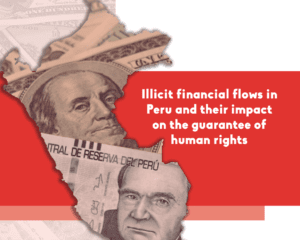Peru is an upper-middle-income country with a GDP of over US$200 billion. The country was one of the hardest impacted by the Covid-19 pandemic, which also caused a backslide in terms of the social progress achieved in recent decades, and the level of extreme poverty reached over 5 per cent in 2020. Especially due to climate-related shocks and social unrest, the economy of Peru furthermore experienced a contraction in 2023.
For more information, see the summary report




